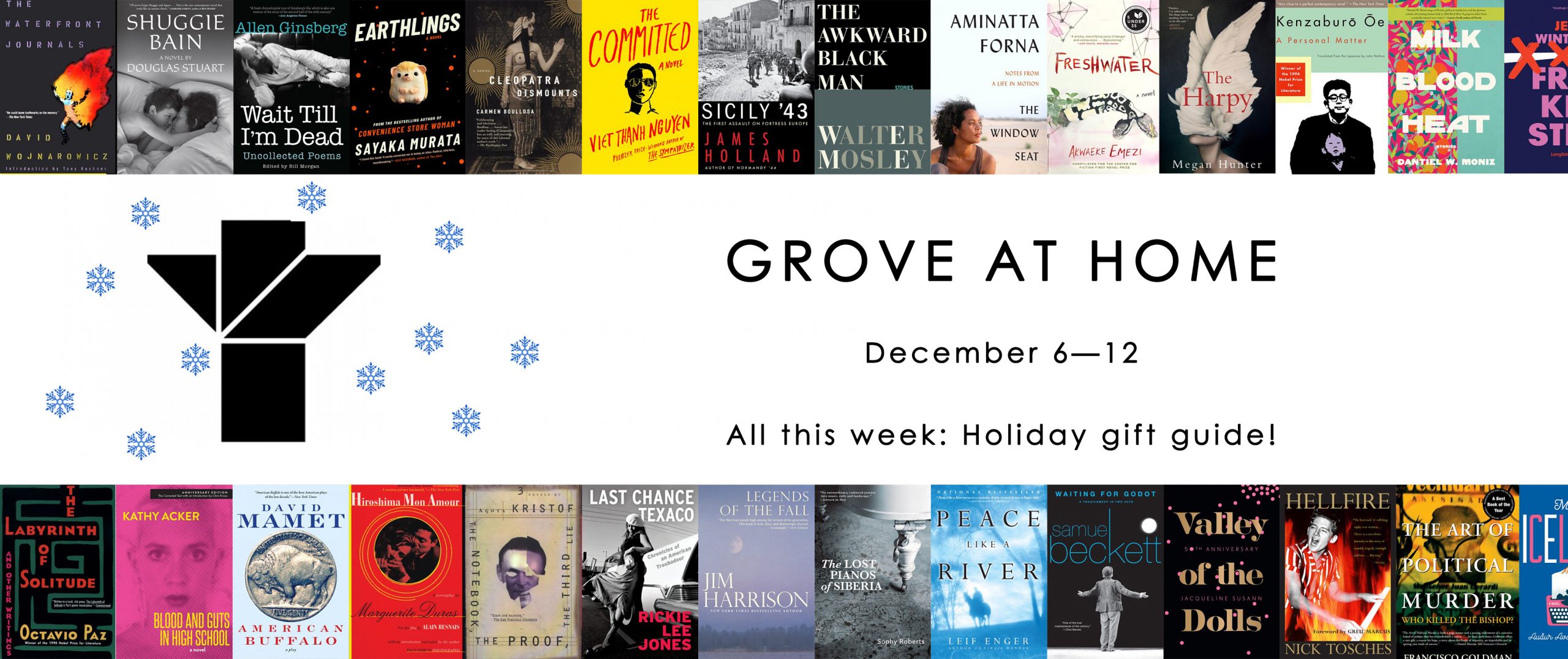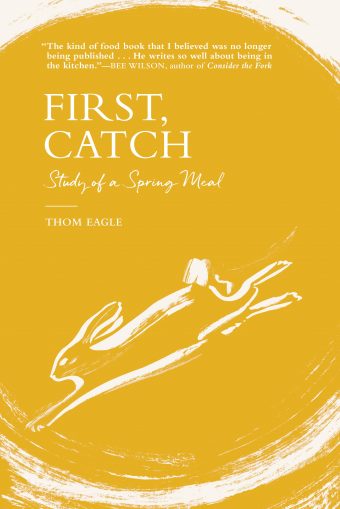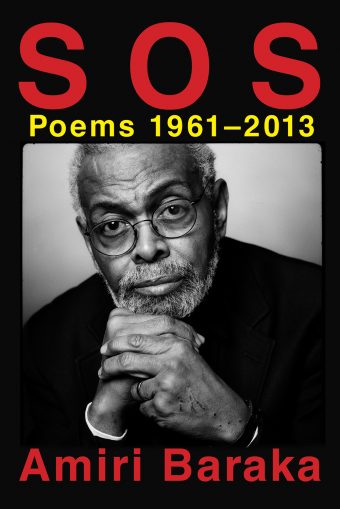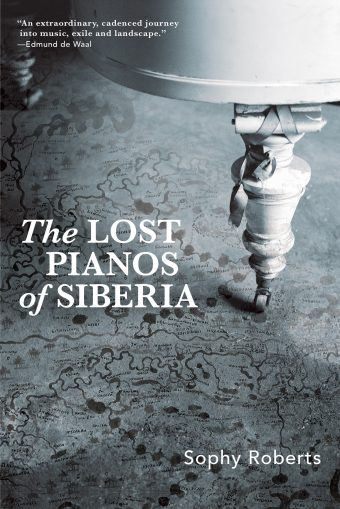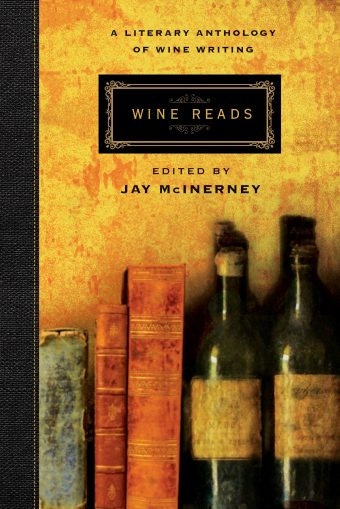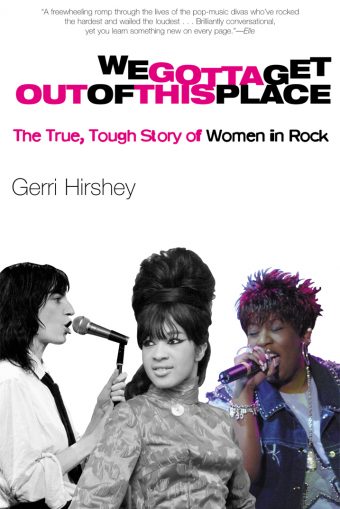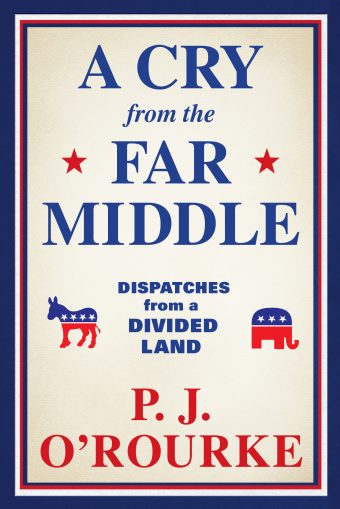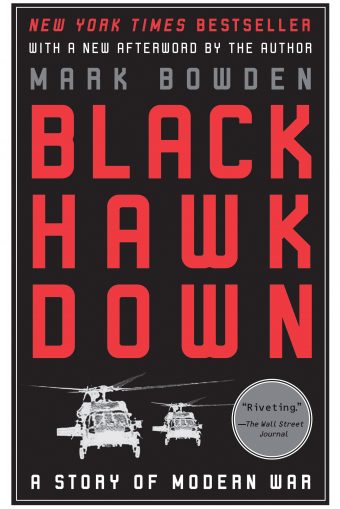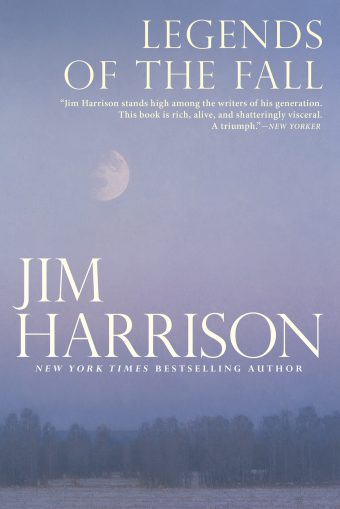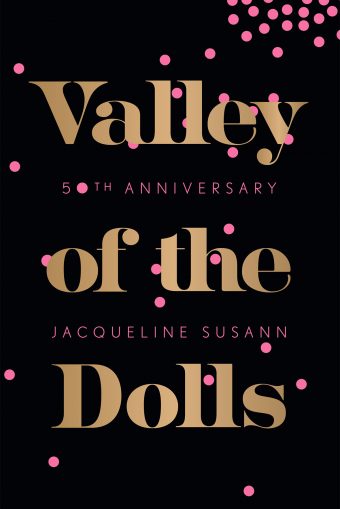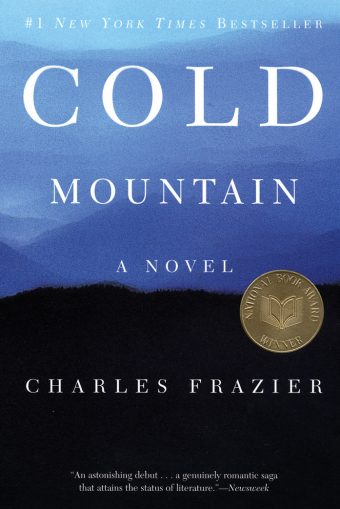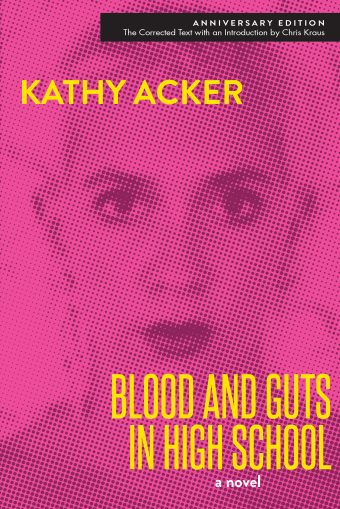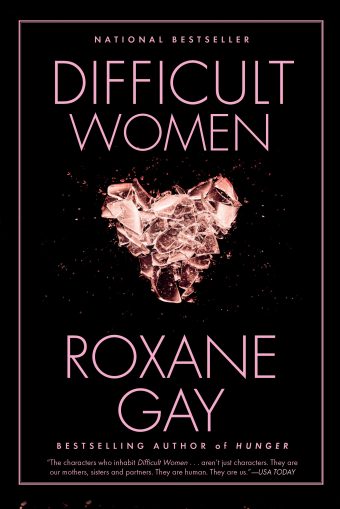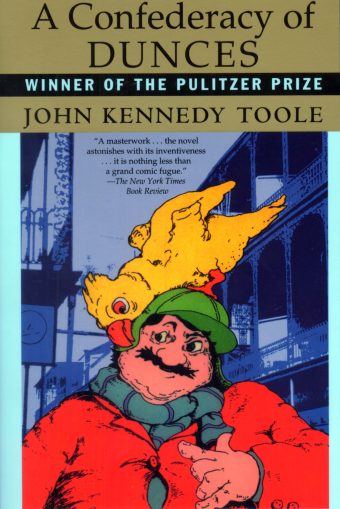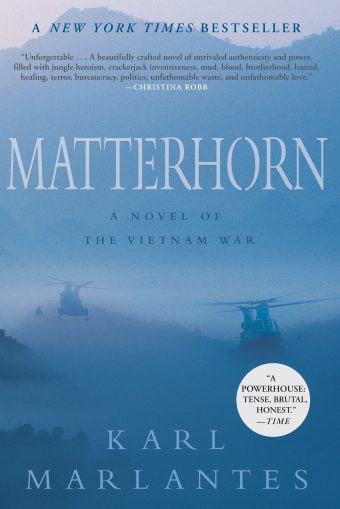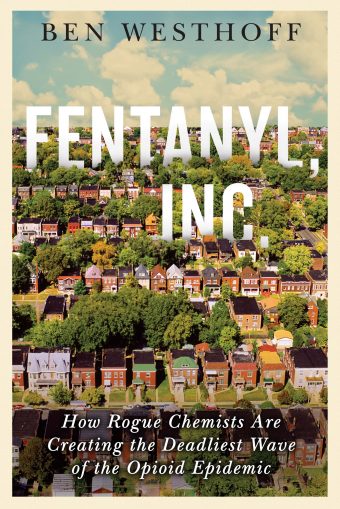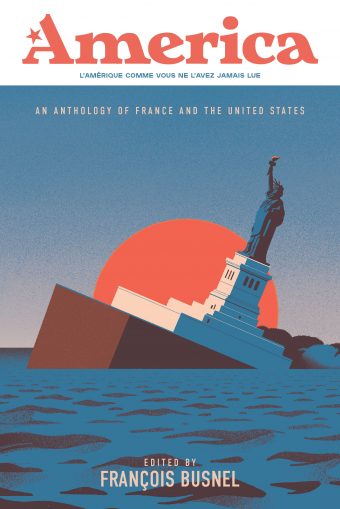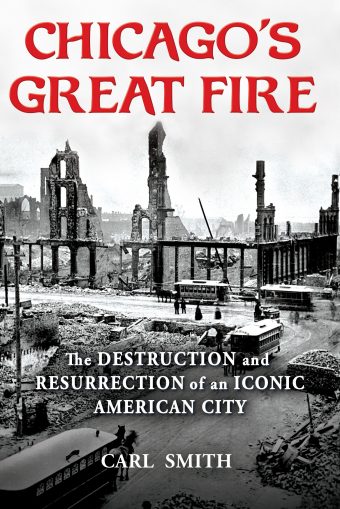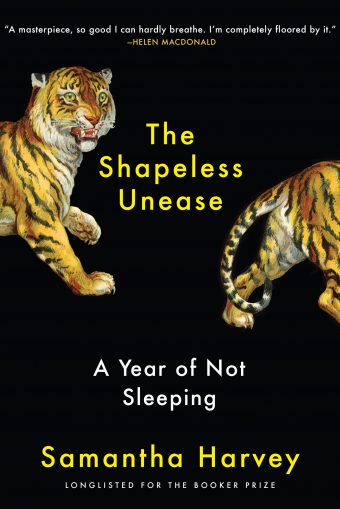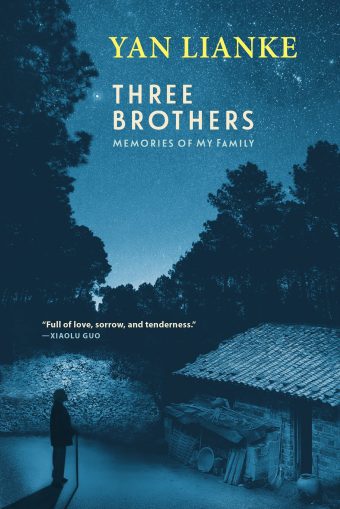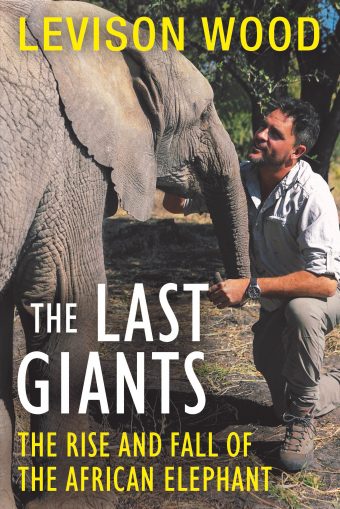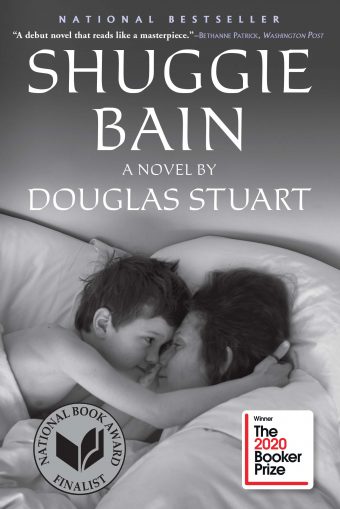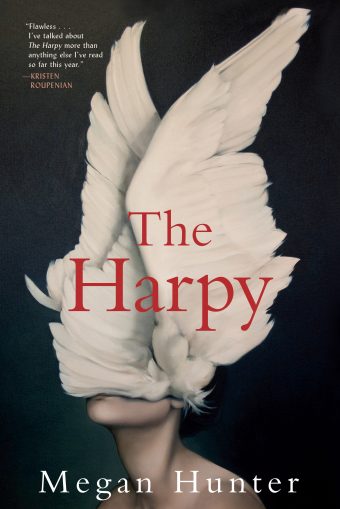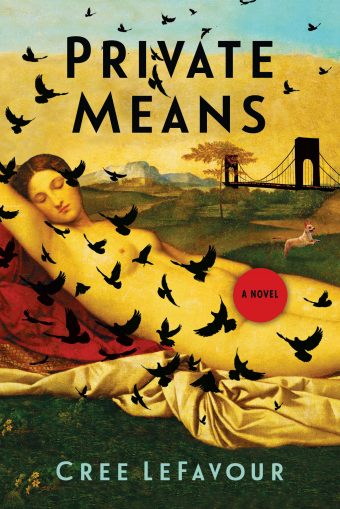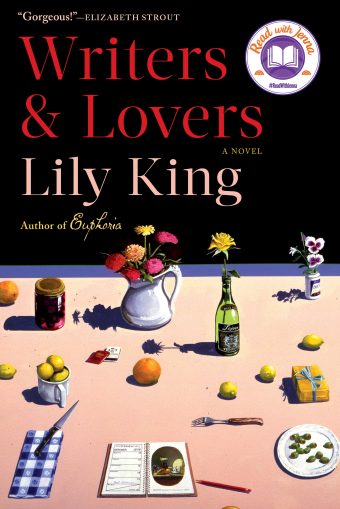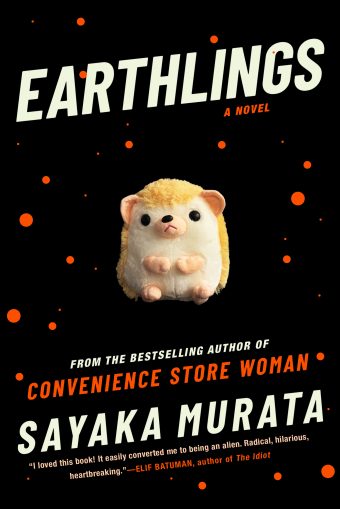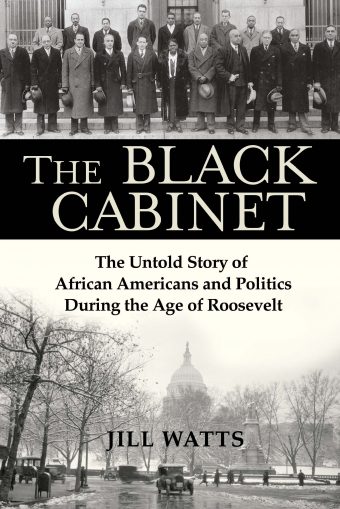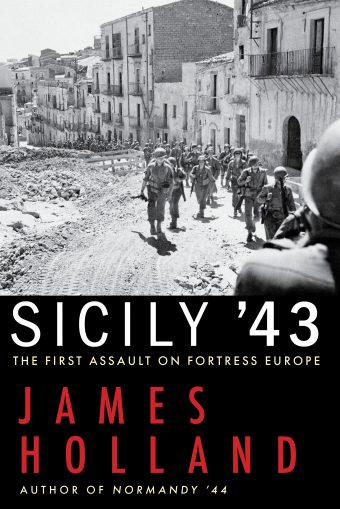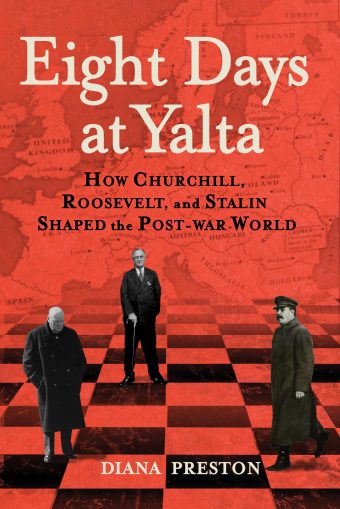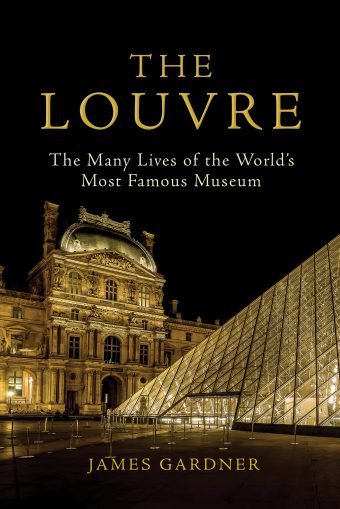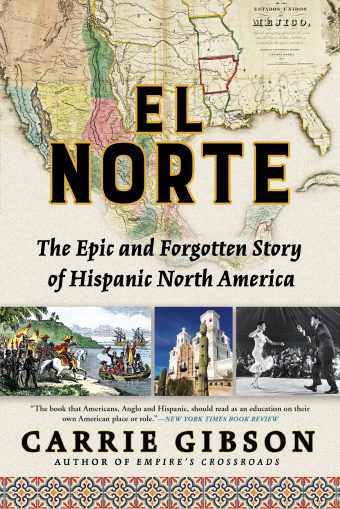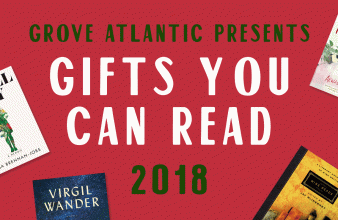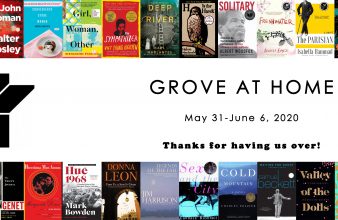News Room
Welcome to Grove at Home!
Every weekday, from now until we’re all out of the house again, we’ll be sharing a couple of links — some fresh, some from the vault — to say hi, remind you to keep reading, and let you know what’s on our minds. This week, with the holidays, somehow, just around the corner, we’ll be sharing a few great gift ideas every day!
Friday, December 11
The holidays are coming! You need gifts! We have suggestions!
This week, to help ease the challenge of holiday shopping, we’re offering a few suggestions every day — both new releases from 2020 and backlist gems. There’s something for every reader on your list.
Day 5 | Some more recs before we’re done!
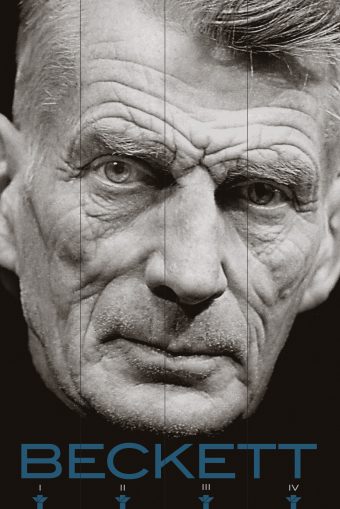 The Selected Works of Samuel Beckett, Samuel Beckett
The Selected Works of Samuel Beckett, Samuel Beckett
Considered by many the single greatest writer of the twentieth century, Samuel Beckett received the 1969 Nobel Prize in Literature for having “transformed the destitution of man into his exaltation.” This four-book collection, edited by Paul Auster, gathers almost everything Beckett published in his own lifetime — one of the most bleakly hilarious, quietly powerful achievements in the history of literature.
The perfect gift for the thoughtful cook in your life, First, Catch is a cookbook without recipes, an account of preparing a nine-course festive spring meal that is also a song of celebration to cooking and eating — and the constitutive acts of cultivation, contemplation, and community that underpin them.
This definitive collection of the poetry of Amiri Baraka — who spanned worlds, acting at various times as a leader of the Black Arts Movement, a resounding activist voice in his native Newark, a key figure in the “New American Poetry,” a vocal participant in worldwide Marxist writing, and more — represents one of the most stunning and powerful bodies of work in the history of American writing.
The Lost Pianos of Siberia, Sophy Roberts
Siberia — the frost-swept expanse of eastern Russia that covers about an eleventh of the earth’s surface — is dotted with pianos. All kinds of pianos, in various states of repair and disrepair. In this astonishing three-year travelogue, acclaimed journalist Sophy Roberts traverses the Siberian landscape, unforgiving yet harshly beautiful, in search of these instruments, and the incredible stories — about music, politics, culture, and more — that they embody.
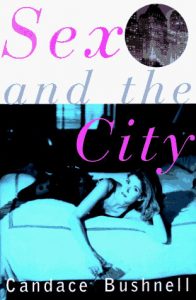 Sex and the City, Candace Bushnell
Sex and the City, Candace Bushnell
The book that started an international, media-spanning phenomenon! Candace Bushnell’s signature voice — wise, witty, hilarious, and true — considers modern love, romance, and sex from all the angles of modern life. You have to wonder: will anyone ever capture the zeitgeist of dating, friendship, and fashion so perfectly again?
Wine Reads, edited by Jay McInerney
In vino veritas! Wine Reads is a peerless anthology of writing on the making, selling, and, of course, drinking of wine, edited by acclaimed writer Jay McInerney. Featuring contributions from the likes of Jim Harrison, A. J. Liebling, and McInerney himself, this is a must-read for the oenophiles in your life.
We Gotta Get Out of This Place, Gerri Hirshey
Think rock and roll is a boys’ club? Think again, Gerri Hirshey tells us in this right-on history of women in rock and roll, from Aretha to Madonna to Joni to Courtney to Lil’ Kim. As enthusiastic and entertaining as it is informative and ultimately game-changing, We Gotta Get Out of this Place is a vital read for all rockers, from the very young to the young-at-heart.
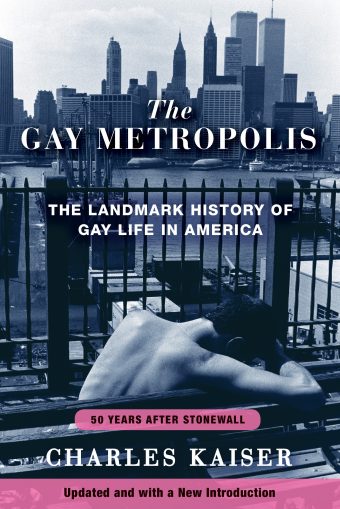 The Gay Metropolis, Charles Kaiser
The Gay Metropolis, Charles Kaiser
In this vital — and Lambda Award-winning — telling of gay American history, the stories of epochal innovations and transformations are told alongside more personal anecdotes; bursts of joy in the street are rendered in their full relation to momentous decisions in the highest court of the land. Peopled by characters as wide-ranging as Leonard Bernstein, John F. Kennedy, and RuPaul — and recently updated for the 50th anniversary of Stonewall — this must-read has been widely recognized as the definitive account of gay life in America.
A Cry from the Far Middle, P.J. O’Rourke
P.J.’s back! And his latest, A Cry from the Far Middle, is the perfect gift for your favorite free-thinker. Bringing his trademark (and occasionally cantankerous) wit to bear on the scandals and conundrums of contemporary politics, P.J. takes on social media, the coasts versus the heartland, and much more, defending his title as America’s most thoughtful humorist — or maybe its funniest thinker.
Among books that established Mark Bowden’s reputation as one of our foremost investigative journalists, Black Hawk Down takes us to Mogadishu in 1993, where ninety-nine elite American soldiers find themselves surrounded by enemy fire, in the most intense combat US forces have faced since the Vietnam War. How they got there, and how they got out, form the spellbinding narrative this exhilarating book expertly unpacks.
When Molly Brodak passed away this year, she left a legacy of devoted friends across the literary community and utterly distinctive writing, in poetry and prose. In her memoir Bandit, Brodak explores her complex relationship with a father she only half knew — and who, after serving seven years in prison for robbing eleven banks, regained his freedom only to wind up back behind bars for robbing yet another.
Thursday, December 10
We’ve published an awful lot of wonderful fiction over the years. It’s hard to single out any of it, but here, to help you find that perfect title for that special someone, are ten choices sure to make spirits bright.
Legends of the Fall, Jim Harrison
Jim Harrison was an absolute original, a writer in whom lyricism, erudition, rare candor, and unabashed love of life combined to form one of the most distinctive and powerful American literary voices of the twentieth century. Of the more than 25 of Jim’s books we’ve had the honor to publish, Legends of the Fall is a standout, a gathering of rapturous novellas including the one from which the collection gets its title, exploring the lives of three Montana brothers who leave for the grim battlefields of World War I.
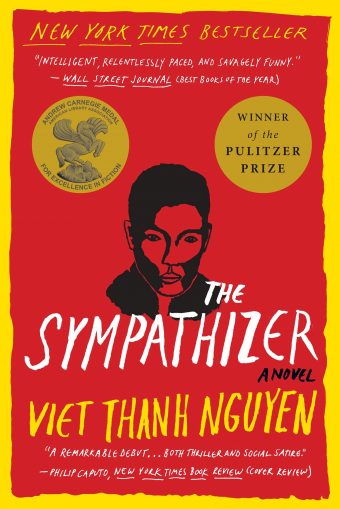 The Sympathizer, Viet Thanh Nguyen
The Sympathizer, Viet Thanh Nguyen
Viet Thanh Nhuyen’s Pulitzer Prize-winning debut is an utter feast. The story of a double-agent, ensconced in the retinue of a South Vietnamese general who has fled to Los Angeles, secretly reporting back to the Viet Cong, it’s at once a rich exploration of political commitment, a page-turning spy novel, and a moving love story. With Nguyen’s sequel, The Committed, coming this spring, there’s never been a better time to read The Sympathizer.
Valley of the Dolls, Jacqueline Susann
Jacqueline Susann was the first author ever to publish three consecutive number-one bestsellers, and Valley of the Dolls is the book that kicked off her incredible run. It’s the story of three young women who become friends over their shared show-business aspirations — and their shared, increasing dependence on “dolls,” the pills they down with ever more abandon — and of what happens when they achieve their dreams of success, leaving them nowhere to go but down.
Cold Mountain, Charles Frazier
Winner of the National Book Award and a #1 New York Times bestseller, Cold Mountain is all at once an adventure tale, a love story, and a powerful novel of grace and gore, set against the smoldering moral drama of the Civil War. As Confederate soldier Inman, thoroughly disillusioned by what he has witnessed, deserts the army and undertakes the long odyssey back to his beloved Ada — who faces her own struggles with the rehabilitation of both a derelict farm and a derelict social order — he encounters witches, bounty hunters, enslaved people, and others, in an epic that is both electrically exciting and profoundly moving.
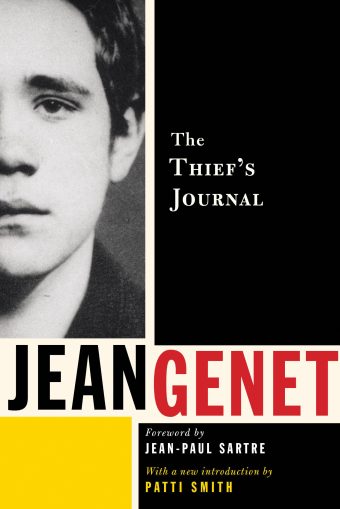 The Thief’s Journal, Jean Genet, translated by Bernard Frechtman
The Thief’s Journal, Jean Genet, translated by Bernard Frechtman
More than seventy years after its initial publication, Jean Genet’s most autobiographical novel still packs a wallop. Tracing its main character across the jails, dives, and roominghouses of mid-century Europe, The Thief’s Journal takes us on a wild ride in pursuit of evil — through a world where betrayal is the greatest devotion, where theft is the purest form of possession, where the most ennobled actor is a vagabond clad in rags. As Patti Smith writes in her introduction, “every page was a miracle…”
Blood and Guts in High School, Kathy Acker
A punk masterpiece of surreal dissonance and unfettered imagination, Blood and Guts in High School may be the book most responsible for Kathy Acker’s reputation today as one of American writing’s greatest high-wire pugilists, a paragon of risk-taking nonconformity and breathtaking singularity. The story follows ten-year-old Janey from Merida, Mexico, to New York City and Tangiers, where she falls into a torrid affair with Jean Genet — but for a book of such radical sensuousness, such indifference to convention, and such blistering wildness, a plot synopsis can only explain so much.
In recent years, Roxane Gay has increasingly been recognized as one of America’s foremost cultural figures. Her critical writing — dauntlessly tackling feminism, race, fatphobia, and much more — has become indispensable to social discourse, and her fiction has been recognized as some of the most fearless, subtle, and powerful being written today. The stories in Difficult Women showcase Gay’s gift for setting and characterization, and pulse with the insights and overall brilliance for which she has been recognized as a national treasure.
A Confederacy of Dunces, John Kennedy Toole
One of the out-and-out comedic gems of American fiction, A Confederacy of Dunces won the Pulitzer Prize in 1981 — more than a decade, sadly, after its gifted author, John Kennedy Toole, died in obscurity by his own hand at the age of just thirty-one. A Confederacy of Dunces follows Ignatius J. Reilly, a flabby, flatulent prodigy who decries modernity, worldliness, and his own southern neighbors — protesting, it sometimes seems, a bit too much. With a hot dog cart as his impenetrable fortress and particular disdain for Hollywood’s offerings, he’s one of the most indelible comic figures in American letters.
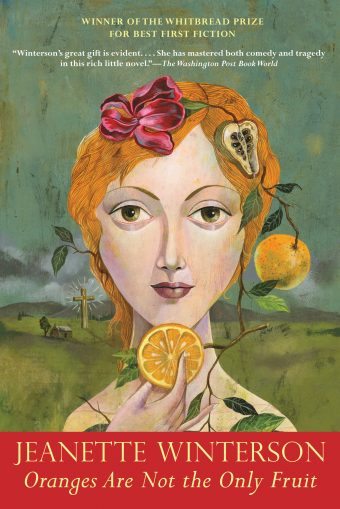 Oranges are Not the Only Fruit, Jeanette Winterson
Oranges are Not the Only Fruit, Jeanette Winterson
In 1985, Jeanette Winterson burst onto the scene with the deeply felt, brave, and funny story of a girl named Jeanette adopted by a Northern English family of devotees to the evangelical Elim Pentecostal Church. Raised to believe she will grow up to be a missionary, Jeanette finds things are a bit more complicated when she falls in love with another girl — much to the consternation of her conservative community. As the girls endure disapprobation and even exorcisms, Jeanette is faced with a harrowing and perhaps universal conundrum: to remain safe at the risk of stifling her true self, or to venture out, facing a fear of the unknown to pursue what it’s in her heart.
Karl Marlantes, a Rhodes scholar and highly decorated Vietnam veteran, spent more than three decades composing this epic novel of war, which follows the boys of Bravo company as they fight their way, through enemy fire, unfriendly terrain, disease, and uncertainty, toward manhood. Exploring the tensions between soldiers and unflinchingly portraying the out-and-out horror of combat, this New York Times bestseller stands as one of the most moving, edifying, and memorable novels ever written about war — one Sebastian Junger suggested “may well serve as a final exorcism for one of the most painful passages in American history.”
Wednesday, December 9
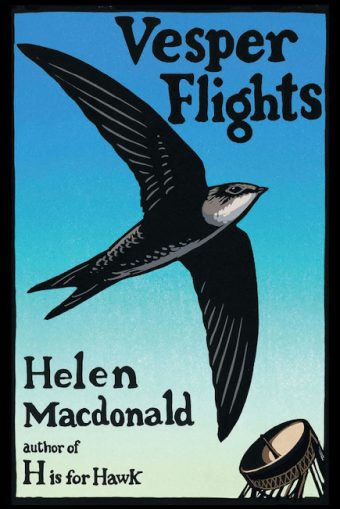 Vesper Flights, Helen Macdonald
Vesper Flights, Helen Macdonald
In the New York Times bestselling follow-up to her memoir H is for Hawk, which has become a contemporary classic, Helen Macdonald meditates gorgeously on the world of nature, from the songbirds of the Empire State Building to the last golden orioles in the forests of Suffolk. With an eye for arresting detail and a keen sense of wonder, Macdonald is the most lyrical of guides through the wilds of our forests, cities, and hearts.
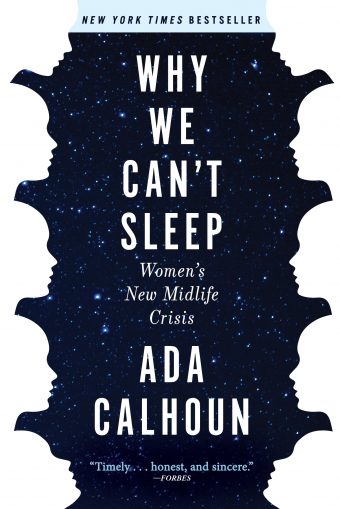 Why We Can’t Sleep, Ada Calhoun
Why We Can’t Sleep, Ada Calhoun
The women of Generation X were raised to believe they could “have it all” — family, career, creative fulfillment. Now, as they careen through middle age, many have found something not mentioned in those promises: they feel miserable. In asking why, Calhoun’s book — which grew out of a celebrated, viral essay she published in O Magazine — looks to data, interviews with women across America, and more, offering solutions that go beyond “lean in” to help women pull themselves from the maelstrom — and prevent younger generations from falling into it.
Headlines this year have, of course, been dominated by the Covid pandemic, but there’s another health crisis that rages through America, with no vaccine in sight: the rising use and abuse of opioids, none more common — or devastating — than fentanyl. In Fentanyl, Inc., journalist Ben Westhoff gives us the book of record on the synthetic painkiller, from the heart of the Chinese pharmaceutical industry in pre-pandemic Wuhan to the lives of people struggling with addiction across the United States.
America, edited by François Busnel
Sacre bleu! France and the United States have always enjoyed a special closeness, from the time of Alexis de Tocqueville’s Democracy in America right up through the election of Donald Trump — which puzzled many in France, and prompted François Busnel, one of the nation’s most charming and influential literary figures, to found America magazine, featuring meditations by some of France’s leading literary figures on various aspects of American life. America is an anthology of some of the most urgent and riveting pieces to appear in that magazine, from Alain Mabanckou finding a place for himself in LA to Leïla Slimani on the #MeToo movement. Original contributions in English from the likes of Richard Powers and Colum McCann round out an urgent and fascinating collection.
Chicago’s Great Fire, Carl Smith
In October 1871, Chicago burned. The Great Fire of Chicago was one of the pivotal events in nineteenth-century American experience, and a decisive moment for the city Carl Sandburg would later declare “City of the Big Shoulders.” Remarkably, it’s taken nearly a century and a half for a well-researched, popular book to offer the story of the conflagration — and now, at last, we have one. Spoiler alert: Mrs. O’Leary and her cow were never really to blame.
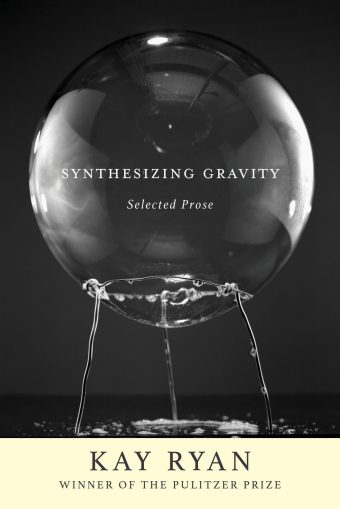 Synthesizing Gravity, Kay Ryan
Synthesizing Gravity, Kay Ryan
US Poet Laureate. Pulitzer Prize winner. MacArthur “genius” grantee. Kay Ryan has worn any number of impressive hats — but none of them has changed her voice, witty, fresh, unpretentious, ever alive to the quirks of perception and thought. In Synthesizing Gravity, the master poet offers a collection of critical essays as activating, subtle, and piquant as a September breeze — considering the likes of Emily Dickinson and Marianne Moore, attending AWP with notebook in hand, and more.
The Shapeless Unease, Samantha Harvey
In 2016, Samantha Harvey began to lose sleep. As a probing writer and one of the most powerful literary stylists working today, her solution was one for which we can all be grateful: she wrote through the sleeplessness, transmuting it into the heart of a searing inquiry. The Shapeless Unease, longlisted for the Booker Prize, is the record, in breathless prose, of that inquiry.
Three Brothers, Yan Lianke, translated by Carlos Rojas
Yan Lianke may be the most celebrated writer working in China today — and is certainly one of the most controversial. Renowned for his stinging novels, marked by what the New Yorker has called “a preternatural gift for metaphor [that] spills out of him unbidden,” Yan makes his English-language nonfiction debut with Three Brothers, an intimate memoir that portrays the challenges of daily life, from a childhood of dizzying poverty in Henan Province, through a stint in the army and beyond, remembering the decisions, opportunities, and tribulations that informed a singular life.
There is simply no creature more majestic than the African elephant — and no writer better-equipped than Levison Wood to report from Botswana, where one-sixth of the world’s elephants now live, on their breathtaking yearly migration. Meeting with local experts, tracing his own lifelong fascination, and observing with clear and powerful vision, Levison Wood is the ideal author to write on these beautiful, vitally important animals.
This list mostly suggests books published in 2020, but, given the year we’ve all had, we simply had to include Mike Magee’s Code Blue, a stunning look at how and why the United States, the richest nation in the world, came to have a healthcare system that offers substantially worse outcomes than any other developed country, at nearly double the cost. In Code Blue, Mike Magee, a medical doctor and former head of global medical affairs at Pfizer, shows us how we came to enshrine a medical system that prizes cures over care — and what we can do about it.
Tuesday, December 8
The winner of the 2020 Booker Prize and a finalist for the National Book Award in Fiction, Shuggie Bain is, in the words of the Washington Post, “a debut that reads like a masterpiece.” It tells the story of a lonely young boy in Thatcher’s Glasgow — a boy the world has judged “no right” for his struggles with a secret everyone but him can see — and his tender relationship with his glamorous mother, driven by pride and love but also, increasingly, by drink. A poignant feast of a read; you won’t believe it’s a debut.
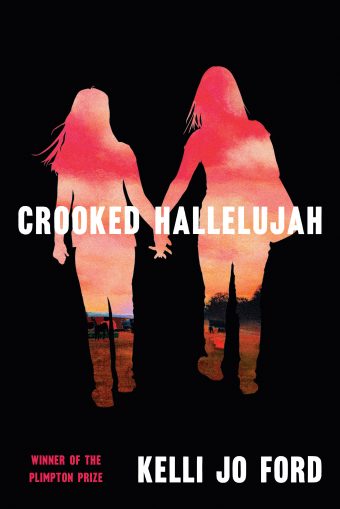 Crooked Hallelujah, Kelli Jo Ford
Crooked Hallelujah, Kelli Jo Ford
Like this beautiful debut novel’s Plimpton Prize-winning author, the characters peopling Crooked Hallelujah are citizens of the Cherokee Nation of Oklahoma. The book follows four generations of tough, loyal, and, above all, complex women, starting in the mid-seventies and following them as they pursue a better life to the fields of Texas’s 1980s oil bust, looking at class, religion, family, and culture, as they are refracted through the powerful bonds between mothers and daughters.
Part fairy tale, part revenge story, The Harpy is an electrifying look at the subtle and ever-shifting balance between marriage, infidelity, and power. After years of marriage to Jake, Lucy gets a call from a man who says his wife has been having an affair with her husband. In an effort to save their marriage, Jake and Lucy agree on a strange arrangement: she will hurt him three times. What this means for each of them and for their family plays out in language that breathes with the pungency of myth.
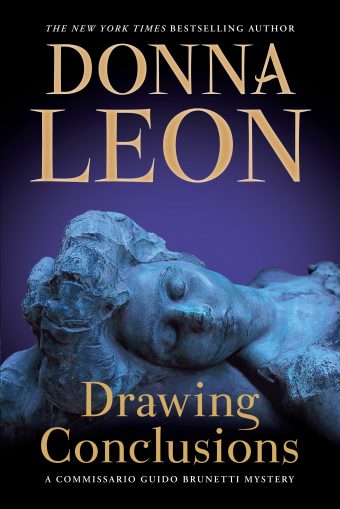 Drawing Conclusions, Donna Leon
Drawing Conclusions, Donna Leon
We were delighted to publish Drawing Conclusions, the twentieth in Donna Leon’s internationally acclaimed series of Commissario Brunetti mysteries, last spring. True to form, it’s another exhilarating puzzle set against the rapturous backdrop of Venice, full of psychological insights and witty characterizations, and led by Leon’s beloved hero, the decent, family-oriented, and unforgettable Guido Brunetti. As Marilyn Stasio has written in the New York Times, “Donna Leon is the ideal author for people who vaguely long for a good mystery.”
In this delicious first novel from acclaimed food writer and memoirist Cree LeFavour, a Manhattan couple endure a hot summer of marital uncertainty and domestic crises. Alice, a scientist-turned-stay-at-home-mom, is desperate to find the family dog; her husband, Peter, a psychiatrist, is tired of his wife’s drama and coolness, and fixated on one particularly attractive patient. As they ponder the solidity of their marriage and reflect on the life they’ve built together, they visit wealthy friends in the Hamptons, on Cape Cod, and in the Berkshires, continuing to play the roles that they have begun to question.
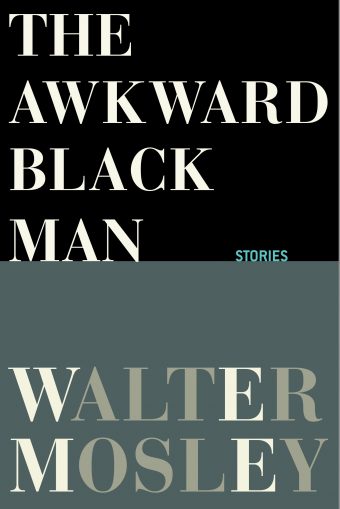 The Awkward Black Man, Walter Mosley
The Awkward Black Man, Walter Mosley
The winner of this year’s Lifetime Achievement Award from the National Book Foundation, Walter Mosley is a legend, and the author of more than fifty beloved and acclaimed books. The short stories in his latest collection, The Awkward Black Man, showcase characters who are odd, nerdy, self-involved, and, indeed, awkward. Warm and searching, these stories point to the emotional topography of daily life, with the insightfulness and powerful prose that have made Mosley an international sensation.
Lily King is back! The New York Times bestselling author of Euphoria and Father of the Rain returned this year with Writers & Lovers, an extraordinary novel that follows thirty-one-year-old Casey Peabody as she moves to Massachusetts in the late nineties, reeling from her mother’s passing and the collapse of a recent love affair, and takes a job waiting tables so she can finish the novel she’s been toiling over for years. When she finds herself attracted to two men who could not be more different, her sense of fragmentation and uncertainty only grows. This songful novel of creative ambition and emotional development was a #ReadWithJenna Book Club Pick and a New York Times bestseller.
 Book of the Little Axe, Lauren Francis-Sharma
Book of the Little Axe, Lauren Francis-Sharma
A must-read for lovers of historical fiction, Book of the Little Axe follows young Rosa Rendón, strong-willed and powerfully curious, as she leaves her native Trinidad in the waning days of the eighteenth century, driven by the uncertainties of life under colonial domination. Within a few decades she has married Edward Rose, a Crow chief, and lives with her husband and their son Victor in Bighorn, Montana. But when Victor comes of age and must prepare for manhood, Rosa realizes he needs to access the secrets she has kept from him, and decides to take him to where his own story began, returning in the process the troubled ground of her own roots.
Earthlings, Sayaka Murata, translated by Ginny Tapley Takemori
In the dreamlike and outrageous follow-up to her international sensation Convenience Store Woman, Sayaka Murata tells the story of Natsuki, an awkward girl whose best friend, a plush hedgehog toy named Piyyut, tells her he has come from the planet Popinpobopia to help her save the Earth. Later, as a grown woman, Natsuki continues to wonder if there’s more to the world than the drab reality accepted by those surrounding her — and grows determined to find an answer.
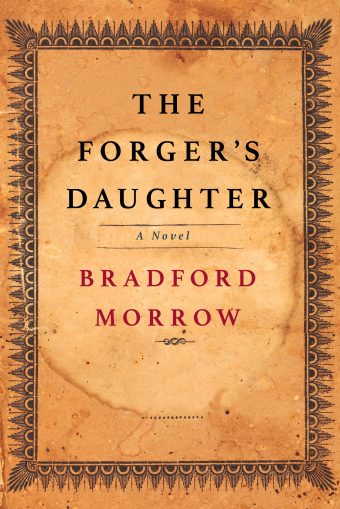 The Forger’s Daughter, Bradford Morrow
The Forger’s Daughter, Bradford Morrow
At once a thrilling mystery and an investigation of the rare book trade’s unsavory underbelly, the sequel to Bradford Morrow’s acclaimed The Forgers follows Will, an erstwhile master forger who’s been trying to walk the straight and narrow, as a rival ensnares him in a plot to create a forgery of one of the rarest tomes in the antiquarian book trade — a first edition of Edgar Allan Poe’s Tamerlane. Both diabolically clever and potently literary, The Forger’s Daughter is a homage to Poe and the mystery genre his work spawned, and at the same time an urgent and splendidly contemporary tale of criminality, danger, and suspense.
Monday, December 7
Day 1 | For the history-lover:
 Wilmington’s Lie, David Zucchino
Wilmington’s Lie, David Zucchino
You may have seen John Oliver discussing it on Last Week Tonight, or read Caleb Crain’s remarkable piece on it in the New Yorker: in Wilmington’s Lie, Pulitzer Prize winner David Zucchino brilliantly untangles the story of the white supremacist uprising that convulsed the city of Wilmington, North Carolina in 1898 — still the only successful coup ever on American soil.
In the early 1930s, as Franklin Delano Roosevelt sought ways to bring America out of the Great Depression, much of America’s Black press was asking the same question: “Will the New Deal be a square deal for the Negro?” With stunning research and a wonderful feel for the big personalities behind the headlines, Dr. Jill Watts gives us the story of FDR’s “Black Brain Trust,” the exceptional group of African-American advisors who sought, and fought, to ensure Black America’s recovery from wringing hardship.
On July 10, 1943, World War II took a historic turn when the Allied forces mounted the largest amphibious invasion in the history of warfare — larger, even, than the invasion of Normandy that would follow less than a year later. In riveting detail, with an unparalleled command of both the military tactics through which the war was prosecuted and the larger-than-life personalities driving their implementation, James Holland, a historian at the forefront of World War II studies, brings us the story, with vivid narratives and clear-eyed analysis.
 How the West Stole Democracy from the Arabs, Elizabeth F. Thompson
How the West Stole Democracy from the Arabs, Elizabeth F. Thompson
In recent years, the Middle East — the cradle of civilization — has all too often been seen as an area riven by conflicts among peoples hungering for elusive democracy. It need not have been so, as Dr. Elizabeth F. Thompson demonstrates in this riveting, far-too-little-known history of the pivotal moment when, in the wake of World War I, pro-democracy forces in Damascus established the Syrian Arab Congress of 1920 — only to see it crushed by the intervention of European powers. Much of the past century’s history testifies to the aftermath.
Eight Days at Yalta, Diana Preston
In 1945, as an exhausted world waited to begin its recovery from the most catastrophic military conflagration in its history, three profoundly different leaders — Franklin Roosevelt, Winston Churchill, and Joseph Stalin — met in the seaside Ukrainian resort city of Yalta to address the profoundly complex question of how they could peaceably re-imagine a world made incomprehensible by war. Diana Preston gives it to us in stunning detail, from the negotiation of Poland’s borders to Stalin’s post-prandial vodkas.
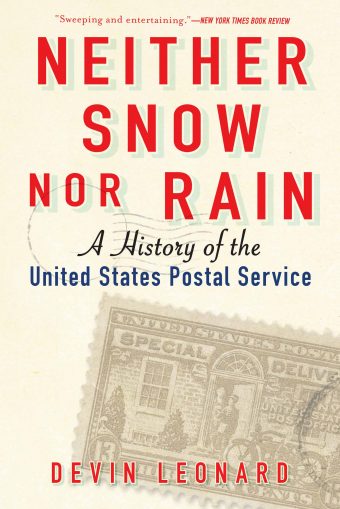 Neither Snow Nor Rain, Devin Leonard
Neither Snow Nor Rain, Devin Leonard
In 2020, many of us have had new occasion to appreciate the wonders of an institution we all too easily take for granted: the United States Postal Service. Among the world’s largest and most efficient mail delivery systems, the USPS has never been more crucial to the lives of so many, nor come under greater threat, than it is right now. This stunning history follows the institution from its founding by Benjamin Franklin, through its role driving technological innovation, and into the present.
Though it hasn’t exactly been a banner year for museum attendance, James Gardner’s The Louvre offers art-lovers and history buffs alike a vibrant tour through the storied halls, and the fascinating history, of what is often considered the world’s greatest art museum. From its pre-history as a settlement with its own vineyard and quarry to its contemporary incarnation as the home to the Mona Lisa, the Venus de Milo, and I.M. Pei’s celebrated glass pyramid, The Louvre is the closest thing lockdown measures allow to a ticket to Paris.
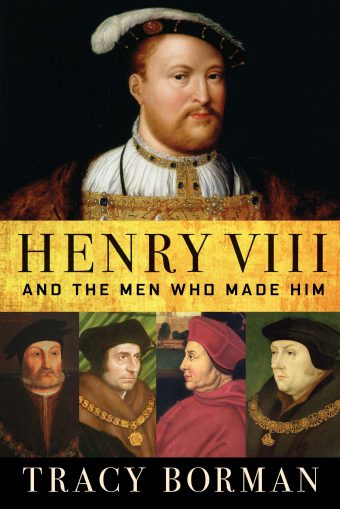 Henry VIII and the Men Who Made Him, Tracy Borman
Henry VIII and the Men Who Made Him, Tracy Borman
In her history of England’s most notorious sixteenth-century Tudor king, historian Tracy Borman proceeds from a simple premise with stunning ramifications: centuries of biography have critically underestimated the importance of the coterie surrounding Henry on the course his kingship ultimately took. In Henry VIII and the Men Who Made Him, Borman looks to those figures — a cast of characters including Utopia author Thomas More, Henry’s formidable brother-in-law and confidant Charles Brandon, and many others — unpacking their crucial importance in making sense of the monarch’s life and reign.
Many of us learn that the history of Europeans in the Americas begins with the Mayflower and the rebellion of British colonies against the Crown. But as historian Carrie Gibson shows in wonderful detail, Spanish involvement in the Americas stretches back more than a century farther, and has been just as influential in shaping the cosmopolitan character of life in the Americas today. From the arrival of the Spanish in the fifteenth century through the current status of Puerto Rico and strife at the US-Mexico border, Dr. Carrie Gibson enlarges our historical understanding, in the process shedding new light on contemporary — and deeply urgent — questions of race and migration, language and culture, citizenship and belonging.
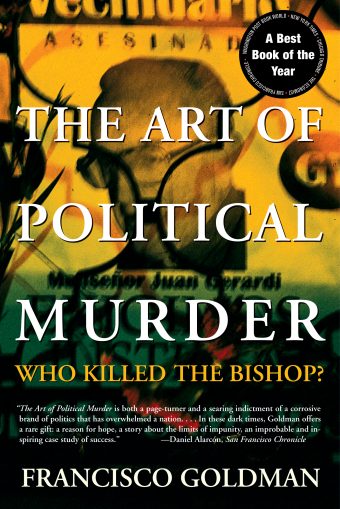 The Art of Political Murder, Francisco Goldman
The Art of Political Murder, Francisco Goldman
An urgent, deeply compelling work of journalism that pounds with the lush intensity of a spy novel, Francisco Goldman’s The Art of Political Murder pulls at the knot of facts and perceptions surrounding the 1998 murder of Bishop Juan José Gerardi Conedera, at the time Guatemala’s foremost political activist. Known for his work with local Maya communities and the Recovery of Historical Memory Project, the Bishop was bludgeoned to death in his own garage mere days after announcing the release of a report on the victims of Guatemala’s devastating civil war. In sleuthing out what had happened, Goldman spoke to witnesses other investigators couldn’t get near — mara gang members, freedom fighters, and others with vital perspectives on Guatemala’s “Crime of the Century.” A documentary adaptation of The Art of Political Murder premiers on HBO next week; trust us when we say the history buffs on your gift list will be left thirsty for more.
